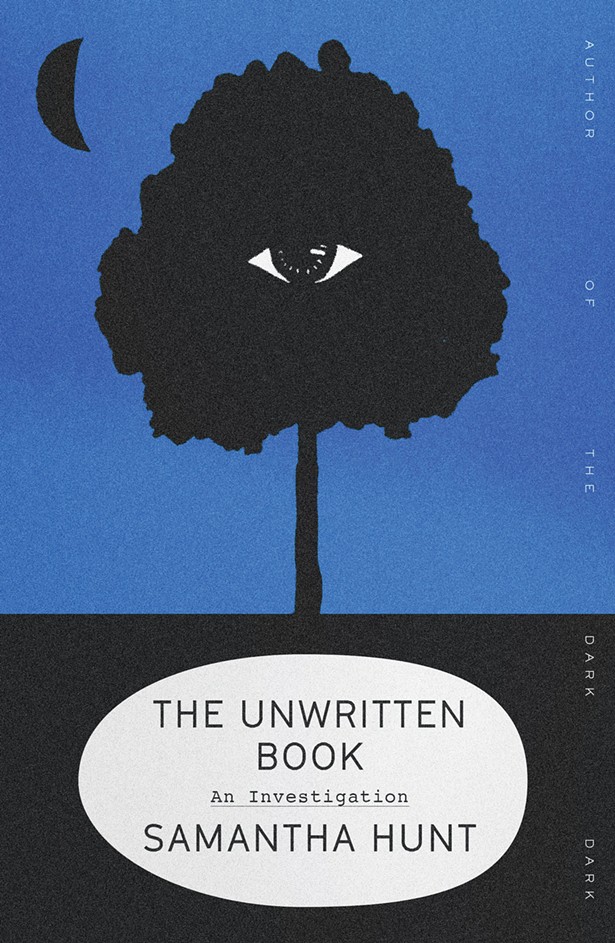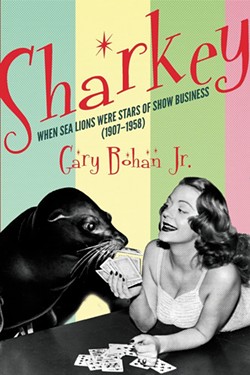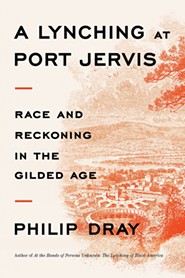The Unwritten Book: An Investigation
Samantha HuntFarrar, Straus and Giroux, 2022, $28
Death surrounds us. We can’t miss its inevitability and ubiquity, as the pandemic and the war in Ukraine have reminded us all too well. Trained up through generations to consider it unspeakable and turn the defining of it over to power hungry gatekeepers, many humans resent any reminder of it, even though redacting death leaves little that’s real to be seen, much less understood. And no matter how hard we may try, no matter what material resources we may bring to bear, up it pops, even unto those who have managed to evade taxes.
Those whose relationship with death is defined by the ick factor, who prefer to maintain the fiction that enough plastic surgery, wellness practice, fast cars or executive privilege will render it impotent, will find no pleasure in the pages of Samantha Hunt’s The Unwritten Book. (Do people like that even read?) For the rest of us, who prefer to examine such evidence as we can find and acknowledge the inevitable, it’s rare fun indeed.
The title is part literal description. The Unwritten Book contains three chapters of an unfinished novel abandoned by Hunt’s father, Walter J. Hunt, a brilliant linguaphile, father of six, editor at Reader’s Digest during its transition from family business to corporate juggernaut, and alcoholic.
Hunt had known of her father’s first unpublished novel; after his death, she discovered three chapters of a second one. This story’s narrator, Sam, is a widower with two teen sons who works as head “briefer,” books editor at a high-profile national publication that prints condensed books, as Reader’s Digest famously did.
Some aspects of the discovery are unsettling, given that so much is drawn from life and the chapters are framed as Sam’s journal entries; it’s slightly odd to find that your father had borrowed your name, killed off his wife, and deleted his daughters, even in fiction. But it’s in the younger Hunt’s very nature to relish the gift she has been given in finding a further communique. (Besides, her mother reemerges as an intrepid and charming female character named Phoebe Poon, who one senses might have emerged as both heroic figure and love interest had the tale continued.)
It is only in reading that we can partake of the thoughts of the dead with any accuracy, and Samantha Hunt—whose earlier works include The Dark Dark and The Invention of Everything Else, a novel about the last days of Nikolai Tesla that won a Bard Fiction Prize, is a formidable reader indeed. She mines her father’s words, his life, and the circumstances of his death with insight that’s tender and unsparing at the same time, and uses the whole experience as a frame and a springboard for a unique nonfiction collection of musings about vital matters through the lens of death-adjacency.
The result is the furthest thing from morbid, either by its first Oxford definition (“an abnormal and unhealthy interest in disturbing and unpleasant subjects”) or its second, “of the nature of or indicative of disease.” Unless, of course, one accepts the mainstream notion that death is by definition solely disturbing and unpleasant, instead of containing in its mundanity and mystery quite a bit more than that.
In Hunt’s agile hands, the lens of death-adjacent thinking becomes a prism through which to consider motherhood (every birth, Hunt notes, inevitably creates a subsequent death), families, houses, language (father and daughter share a fascination with Joseph Shipley’s Dictionary of Word Origins), literature, hoarding, addiction, marriage, and more. Like the space between the beats, like the white space on the page, death is revealed not simply standing in opposition to any of our mortal concerns but illuminating layers of meaning. Memento mori, as the Stoics put it, if you wish to be truly alive.
This is a cat cafe of a book, in which ideas slide sinuously near us to be petted till they purr and puncture the patriarchy with precise and delicate claws. It’s a bracing chat with a wise woman about the harsh beauty of life on earth.
—Anne Pyburn Craig
Sharkey: When Sea Lions Were Stars of Show Business
Gary Bohan, Jr.
State University of New York Press, $24.95, 2022
In the 1930s, Gary Bohan, Jr.’s great grandfather, Mark Huling, trained a sea lion named Sharkey at his “seal college” in Kingston. Soon, Sharkey could do much more than balance a ball on his nose. He could smoke, sing, and offer a handshake with his flipper. He shot scenes with Abbott and Costello, performed for FDR, and shared the stage with Ella Fitzgerald. The Detroit Tribune dubbed him the eighth wonder of the world. Bohan makes use of newspaper clippings, movie and television footage, and stories passed down by family to tell the story of Kingston’s aquatic legend and his trainer.
A History of Place
Mala HoffmanFinishing Line Press, $14.99, 2022
Gardiner-based poet and educator Hoffman takes the reader on a poetic journey through the multiple places she has called home, from Germany to Switzerland to New York. In each poem named for a specific place, Hoffman conjures up images from her past and present. She dives into her family history, imagining her mother in Germany “washing cloth diapers in cold basins singing 1940s show tunes off-key.” She recalls a childhood moment in White Plains, where she “first learned that it is different to be a Jew.” Hoffman punctuates these memories with photographs of friends, family, and the homes themselves.
A Lynching at Port Jervis: Race and Reckoning in the Gilded Age
Philip Dray
Farrar, Straus and Giroux, $29, 2022
In 1892, a Black man named Robert Lewis was lynched in the Orange County community of Port Jervis after being accused of sexually assaulting the daughter of an established Irish family. While enormous news at the time, Lewis’s story was eventually lost to history. Lynching was incorrectly seen as a largely Southern problem, and the residents of Port Jervis preferred to forget the event. Dray seeks to reverse that forgetting and bring new life to the case by exercising the same research skills he used when writing At the Hands of Persons Unknown: The Lynching of Black America.
Sacred Sendoffs
Sarah A. Bowenmonkfish, $16.95, 2022
From Rhinebeck-based publisher Monkfish, a guide to surviving animal loss from animal chaplain Sarah A. Bowen. Combinig humorous anecdotes and academic research, Bowen explores our relationships with pets, wild creatures, and the entire animal kingdom. The book shares insights on how to honor our animal companions as well as offering practical actions and everyday opportunities for helping nonhumans thrive. Along the way, we might discover how to be more human in the process and come closer to a more nonviolent human sphere and heal the planet.
The Red Zone: A Love Story
Chloe CaldwellSoft Skull, $16.95, 2022
Hudson author Caldwell comes to the realization in her 30s that her strong waves of emotion are tied inextricably with her menstrual cycle. After beginning a new relationship, these waves begin to dominate her life. This begins her research into what exactly is causing this turmoil. She discovers premenstrual dysphoric disorder and is able to put a name to her problem. With wry humor, Caldwell takes the reader with her on her journey of not only discovering what’s wrong, but dealing with the symptoms of it. She tells the love story between herself and her body as she works to understand it better.
—Emma Cariello


















